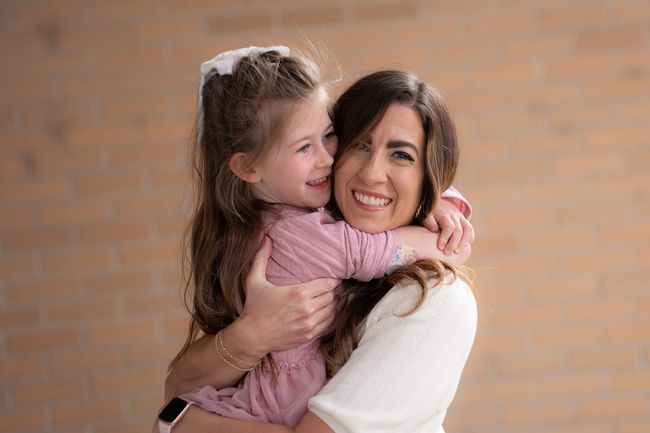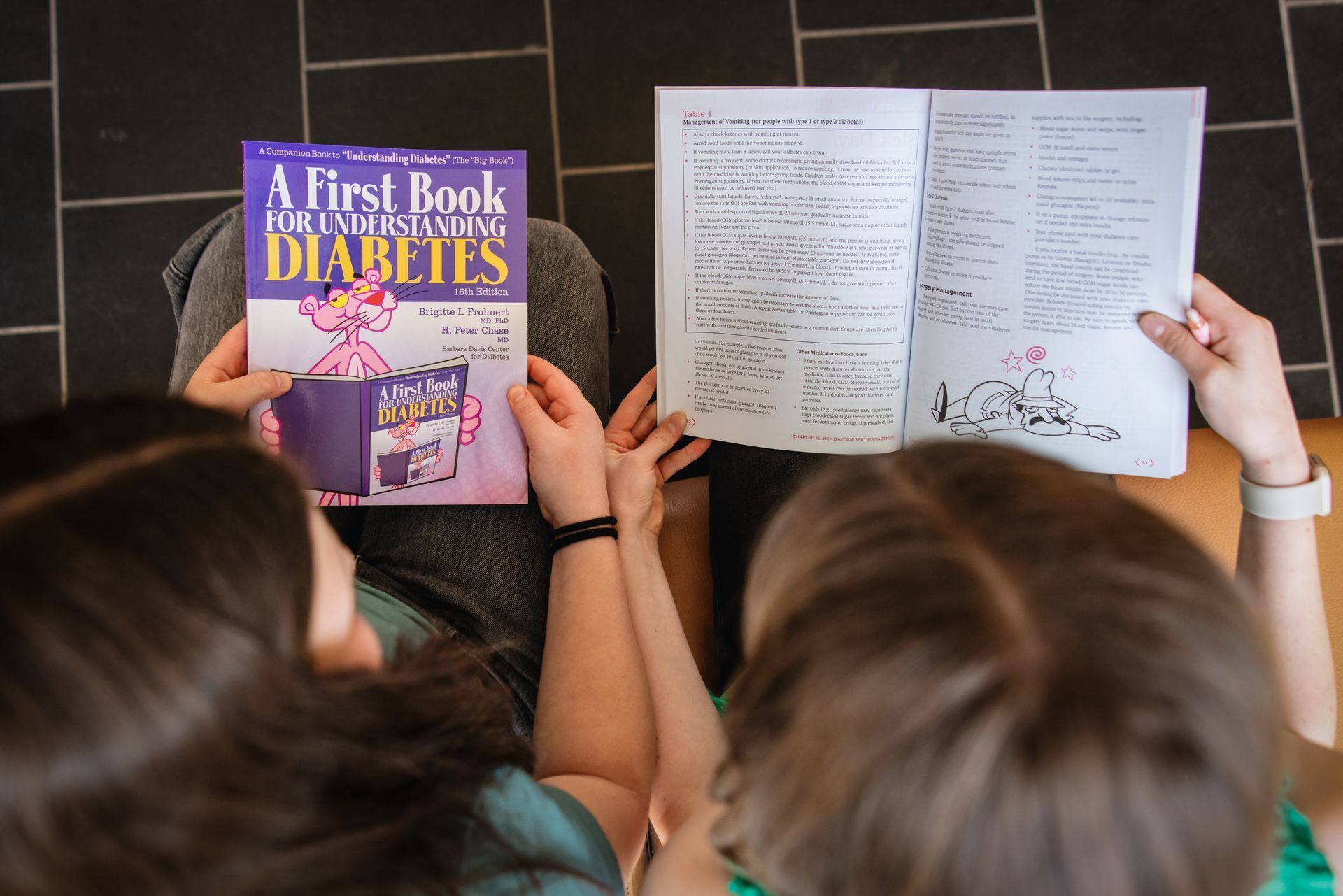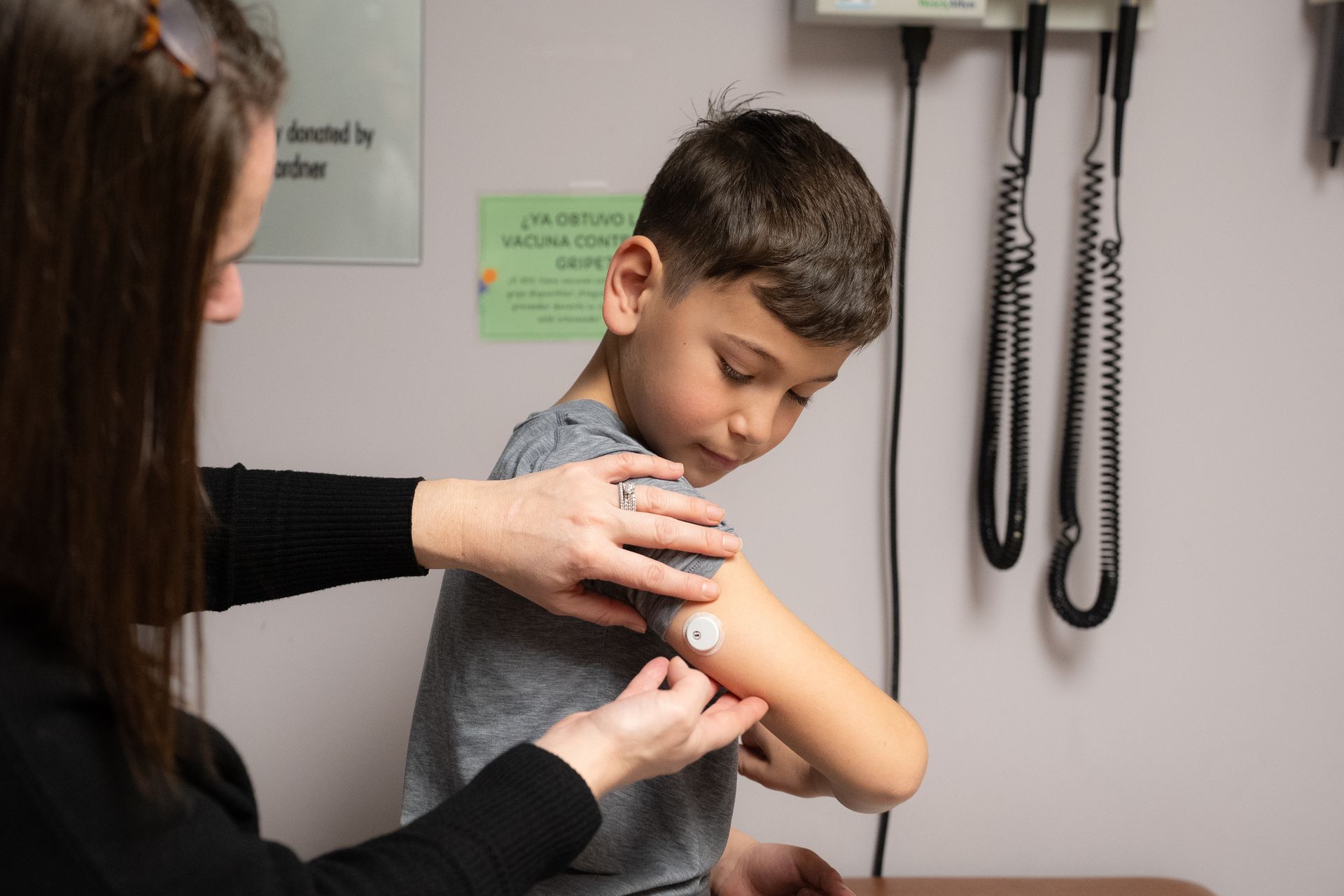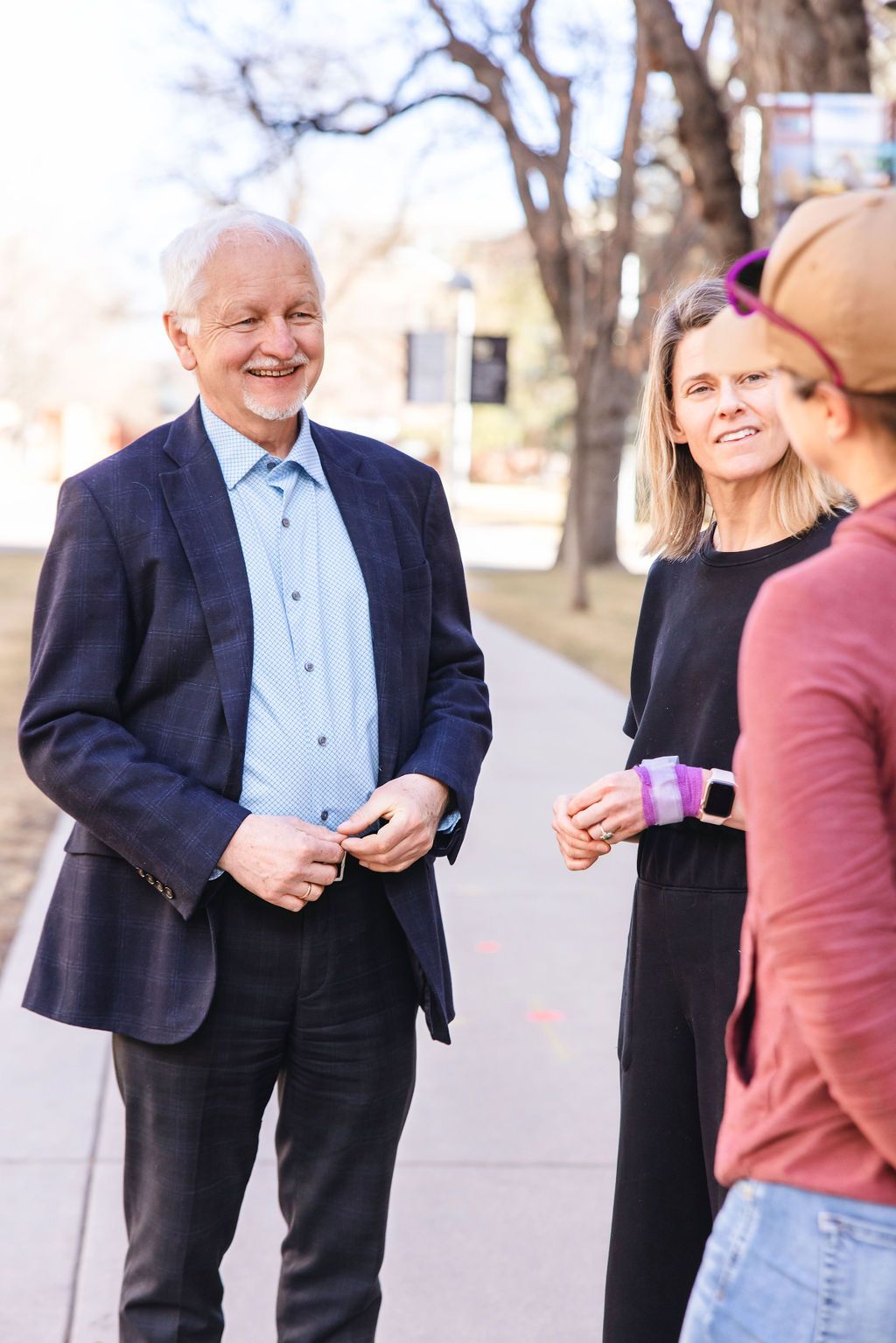Welcome to
The Children's Diabetes Foundation (CDF) is the fundraising arm of the Barbara Davis Center for Diabetes and focuses on patient support, awareness, and research.
TYPE 1 DIABETES
What Is Diabetes?
Type 1 diabetes (T1D) is a chronic autoimmune condition in which the body’s immune system attacks insulin-producing cells in the pancreas. Unlike type 2 diabetes, type 1 is not caused by diet or lifestyle and can develop at any age. It affects 30 million people in the United States, about 1.25 million of whom have T1D.
Ways To Give
There are plenty of ways you can donate or help raise money for the Children’s Diabetes Foundation. Donate to a cure, volunteer your time, start a fundraiser, or become a corporate sponsor!
Events
We have a wide-range of annual fundraising events you can become a part of, including Galas, Conferences, Golf Tournaments, and even a 5k run.
Programs
The Children’s Diabetes Foundation operates a variety of different programs to support those living with type 1 diabetes based on various interests and needs. Learn more about our financial assistance.
Children's diabetes foundation (CDF)
What’s Happening at CDF?
BARBARA DAVIS CENTER FOR DIABETES
Provides Clinical Services for Patients With Type 1 Diabetes Through Pediatric, Adult, and Eye Clinics
The Barbara Davis Center for Diabetes provides a clinical service for children, adolescents and young adults with type 1 diabetes (also known as childhood, juvenile or insulin-dependent diabetes).
Our Blogs

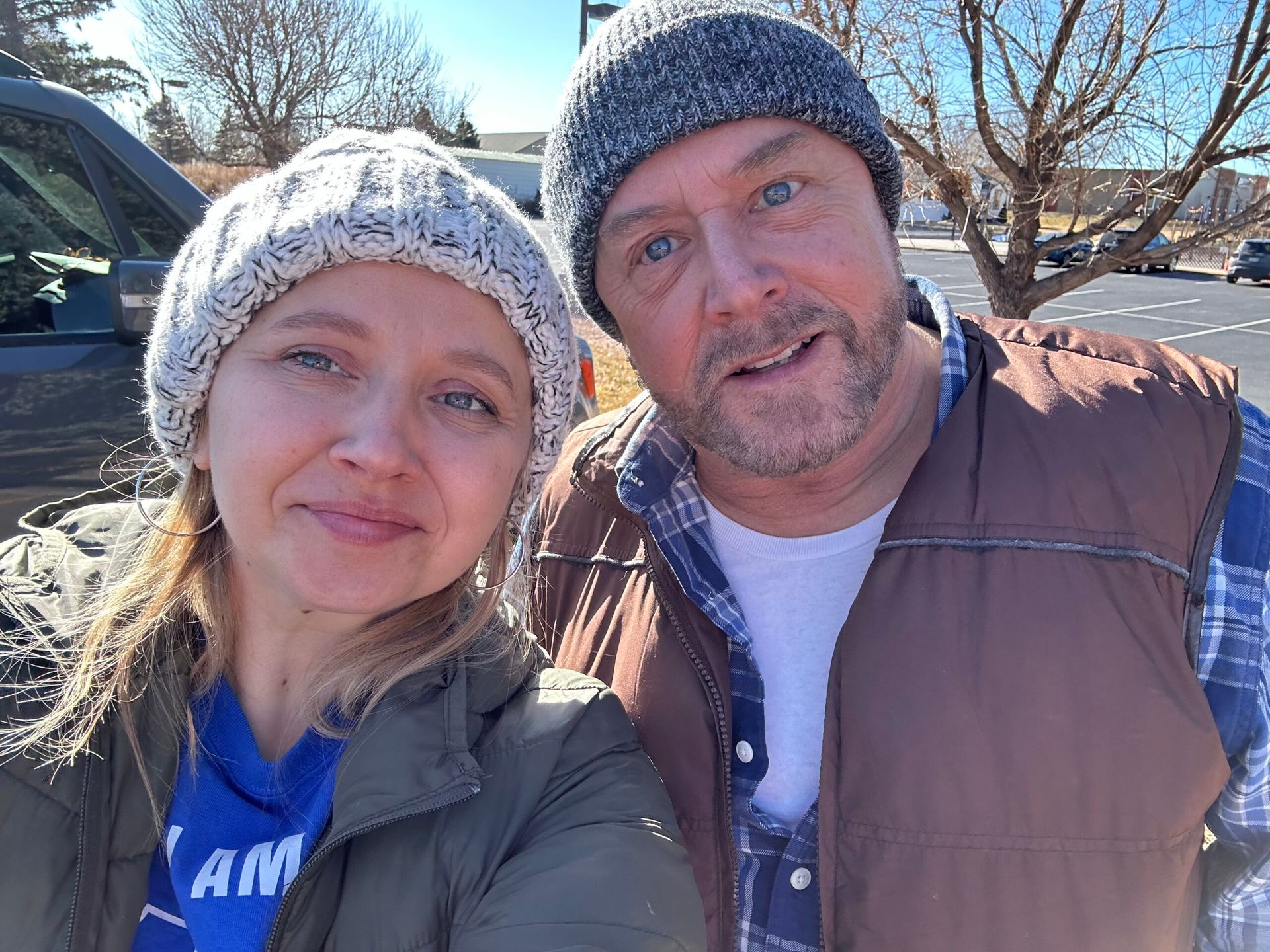

Become a CDF Advocate!
We are looking to expand our advocate program. The Children’s Diabetes Foundation (CDF) is looking for children with type 1 diabetes (T1D) between the ages of 6 and 18 who want to educate, volunteer, and socialize!
Sponsors & Partners
Sign up for our email list
